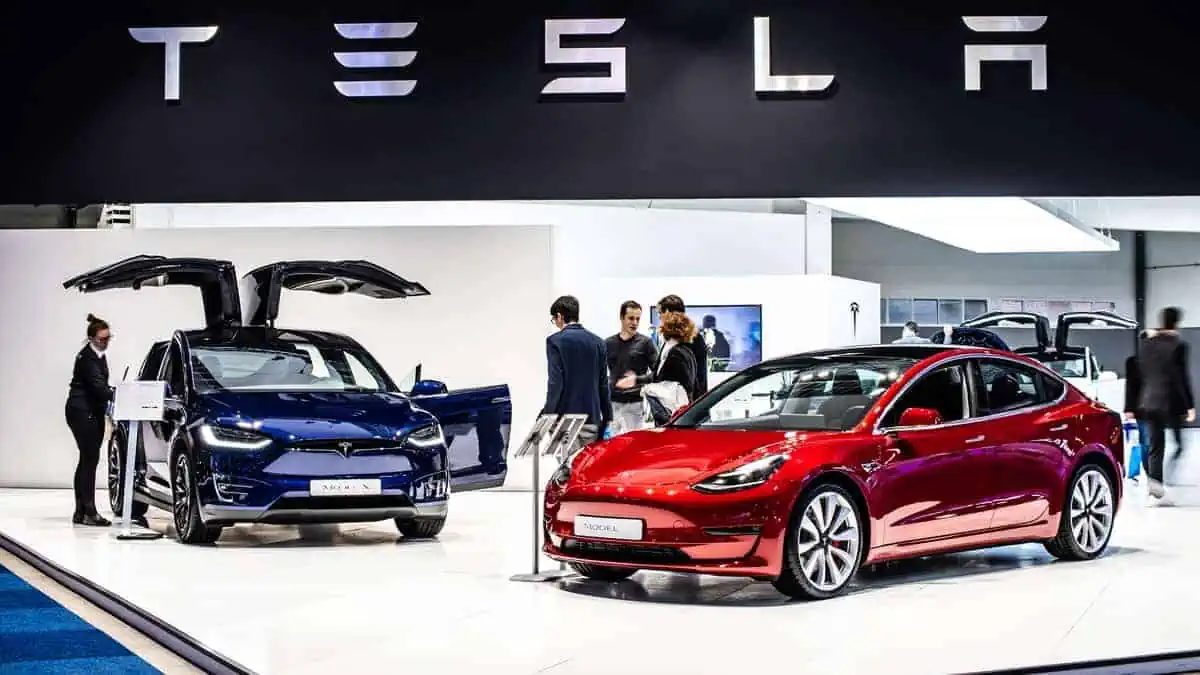Indian automaker Tata Motors is calling for the Indian government to review its plans to lower electric vehicle import taxes to protect local brands against foreign brands like Tesla, Reuters reports, citing people with direct knowledge of the matter.
Report highlights
Tesla has long been attempting to penetrate the Indian electric vehicle industry but was not able to set its foothold due to high import taxes.
Finally, the American automaker and the Indian government’s discussions seem to be progressing. Government officials previously announced plans to lower import taxes to as low as 15% for automakers committing to establish local production in the country under a new policy, which can potentially give a red carpet for Tesla.
For context, India currently charges sub-$40,000 electric vehicles with a 60% import tax duty. Meanwhile, models costing more than $40,000 face a 100% import tax.
However, Tata Motors reportedly opposed India’s plans during meetings with Prime Minister Narendra Modi’s office and other government departments. The local automaker contended that investors made decisions thinking that the government would not change the tax policies that currently favor the local brands, according to two unnamed sources.
In addition, Tata Motors also noted that local players would need more government support amid the shift to electric vehicles. It even cited the 100% tax on imported gas and diesel-powered cars despite the maturation of the industry, the first source disclosed.
Potential implications for local brands
India’s plans to cut the current import taxes on foreign electric vehicles will undoubtedly facilitate a level playing field for global automakers aiming to penetrate the country.
It can significantly attract more electric vehicle players to invest in the local EV industry, which will boost the country’s economy and global competence.
However, the move can also hurt the local industry and its investors. For instance, Tesla’s penetration can substantially snatch customers from local automakers. Its strong reputation, superior technologies, and planned low-cost EV will play a crucial role in Tesla’s plans to dominate the local market.
“Lower duties will hit the entire (domestic) industry. The investment climate will get vitiated.”
One of the sources
Apart from Tata, Mahindra & Mahindra has also reportedly opposed the government’s plans to introduce a new electric vehicle policy.
Indian government’s response
Despite the opposition from local brands, the Indian government remains committed to encouraging foreign automakers to invest in its electric vehicle industry.
According to Mint, Modi aims to have electric vehicles account for 30% of new annual car sales from 2030.
“We will come out with a policy that addresses everyone’s fears. If India needs to be an EV hub, we need more manufacturers … Local industry need not fear that Tesla or anyone else will wipe them out.”
Unnamed Indian official
India’s planned new policy will aid Tesla in building its first-ever local electric vehicle plant in the country for its $24,000 car. At the same time, it will allow the company to import its higher-priced models with lower tax duties. All that said, it is unsurprising that local brands are expressing fears about Tesla’s imminent arrival. It would be exciting to see how the American brand can gain local customers’ interest and trust when it arrives.






